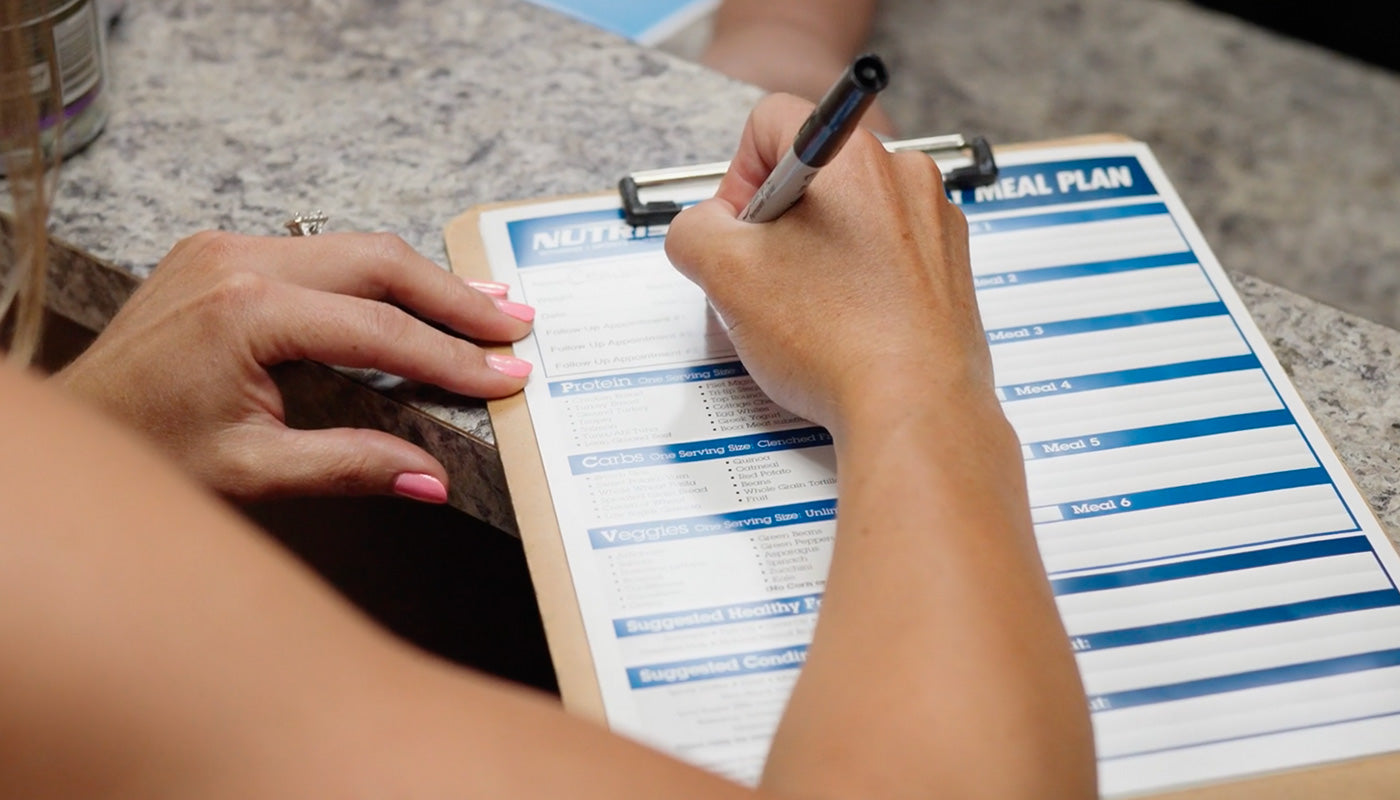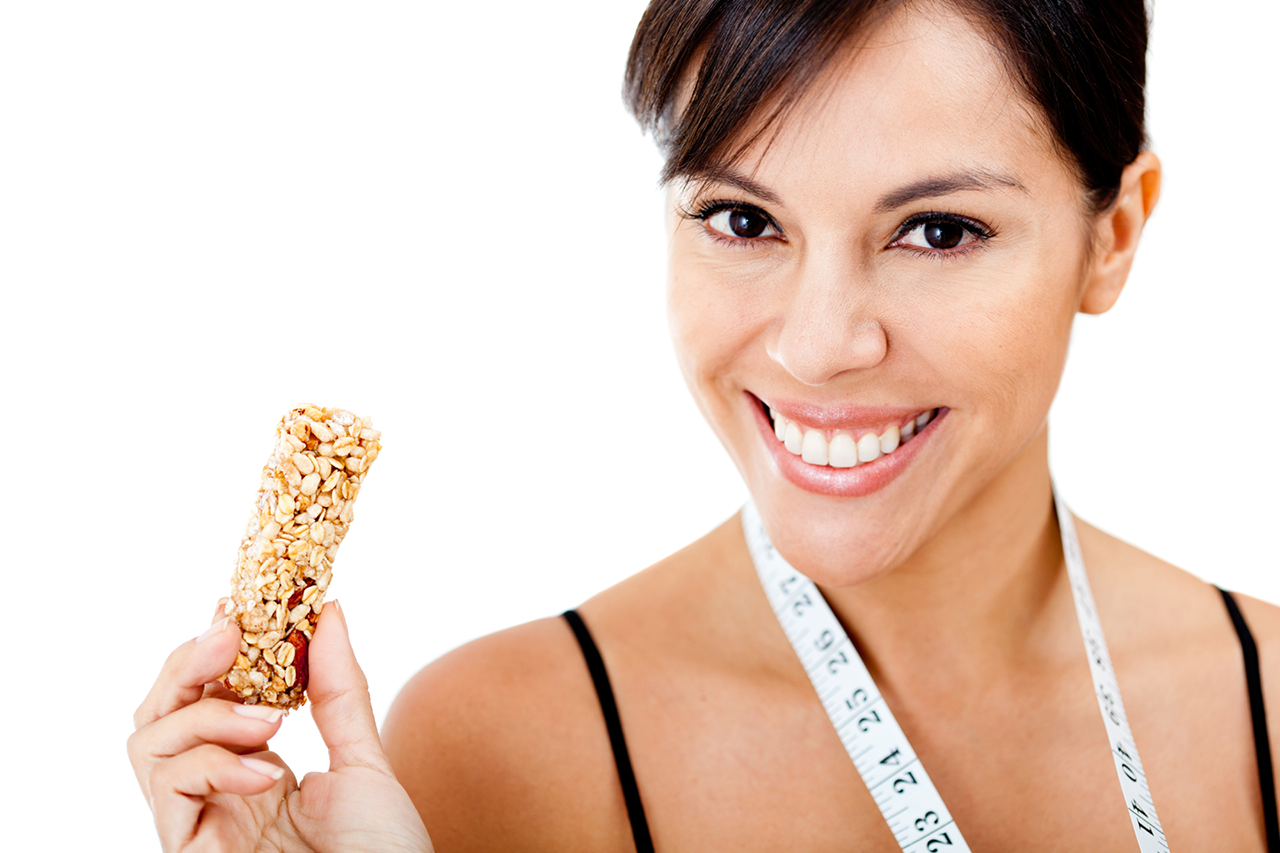The human body comprises more than 600 muscles that aid in movement, breathing, strength, and even pumping blood in different parts of the body. Every activity in your body requires muscles to function. Keeping your muscles in a healthy state makes it possible for you to walk, lift, jump, and many other functions. It's also a way to avoid developing degenerative conditions caused by muscle wasting. Whether you are an athlete or someone who works out often, it is important to care for your muscles properly. Here are some tips to help you have healthy, strong muscles.
Eat Right
Your diet plays an important role when it comes to the health of your muscles. With the right diet, your muscles can regain their strength and self-repair to be able to function properly. Proteins, carbohydrates, minerals, and fats are all important components for muscle health.
• Proteins
All the muscles in the body are made of proteins. Therefore, it is vital to include protein in your diet to replace what gets used up during exercise. Ideal protein sources are poultry, meat, eggs, milk, and seafood products.
• Fats
Unsaturated fats are also important for muscle recovery. Healthy fats can be found in fish oils, walnuts, flaxseed, peanut oil, and olive oil.
• Carbohydrates
These are energy-giving foods that provide the body's cells and muscles with the energy needed for physical activities. Carbohydrates also aid in insulin release to the muscles to help them in building new cells. The best sources of healthy carbohydrates include whole-grain foods, vegetables, and fruits.
• Minerals and Vitamins
While a healthy portion of the foods above can provide the body with minerals and vitamins, it is still advisable to take a daily dose of vitamin supplements to ensure your body gets the required amounts every day.
Watch Alcohol Use
If you drink alcohol often (several times a week), it is crucial to reduce the amount you drink in order to support healthy muscles. Alcohol consumption affects the ability of the body to synthesize nutrients and causes dehydration, which makes it harder for you to maintain healthy muscles. Excess consumption of alcohol also causes increased muscle cramps and pains.
Warm Up and Cool Down
Before you start a physical activity, it is important to warm up for at least 10 minutes or so. This includes focusing on the muscles you plan to use for physical activity or a gym workout. Light jogging, brisk walking, and lightweight training are ideal ways of warming up that can help your muscles prepare for more intense activities like running, heavy lifting, and sprints.
After the physical activity, it is equally important to cool down. To cool down, you can stretch the muscles you engaged during the activity but at a slower pace. The cool-down activity helps in muscle recovery and reduces muscle soreness.
Exercise Regularly
While this seems obvious to most people, exercising is an essential aspect of maintaining healthy muscles. When you exercise, your muscles become stronger. Plus, exercise is good for weight management. Exercise includes any activity that forces your muscles to work against gravity. Without exercise, you can experience muscle wasting and breakdown.
For an adult, the average recommendation is to work out your muscles 30 minutes daily for improved muscle health. You can partake in any exercise, including dancing, skipping, running, weightlifting, and jogging.

Drink Plenty of Water
Drinking water is an important aspect of good physical health. When you are well hydrated, your blood flows better, your kidneys work at their best, and your digestive system works better. In addition, water is an essential source of key electrolytes that are important for muscle control and health.
The Institute of Medicine recommends that men drink about 13 cups (around 101 ounces) of water each day and women should be drinking about 9 cups of water (74 ounces). However, if you lead a highly active lifestyle, you may need more water since you lose water through sweat during your activities.
Use Correct Posture
Proper posture is an integral part of muscle health. With proper posture, your bones are well aligned, which reduces tension in your muscles. Proper posture also ensures that different organs in the body remain in their position without strain or stress.
Keep Hormonal Balance Regulated
Even with proper nutrition and exercising, part of your muscle health is dependent on your hormones. Thyroid, testosterone, and estrogen hormones all play a role in muscle health. It is important to keep these hormones regulated according to your age. Consult with your doctor to determine which way is best to balance your hormones.
Don't Forget Your Bones
Having strong bones goes hand in hand with having healthy muscles. Just like your muscles, the bones respond to exercise by becoming stronger and denser. If you were to suffer from bone deterioration or weakness, you could become incapacitated and unable to do the physical activities that are required to maintain healthy muscles. The best way to ensure you have healthy bones is exercising regularly, avoiding smoking, and ensuring your diet contains foods rich in minerals like potassium and calcium.
Stay Active ... Often
Besides having a daily exercise routine, it is vital to maintain an active lifestyle to remain fit and strong. A sedentary lifestyle is the leading cause of age-related muscle atrophy. Even when your work involves spending most of your time sitting down, get up and move around occasionally to use your muscles.
Relax and Get Your ZZZ's
On average, a healthy person should get 7 to 8 hours of sleep. This gives your muscles enough time to recover and rebuild, ready for the next day. While a lot is said about getting enough sleep, it is equally important not to oversleep as this can cause muscle wasting. Also, take time off to relax, as this is also important for your muscles.
In closing, taking a holistic approach to proper health is the best way to maintain healthy muscles while ensuring they remain strong even as you age.
– By Lianna Arakelyan, a content writer and digital marketing expert at MuchNeeded




